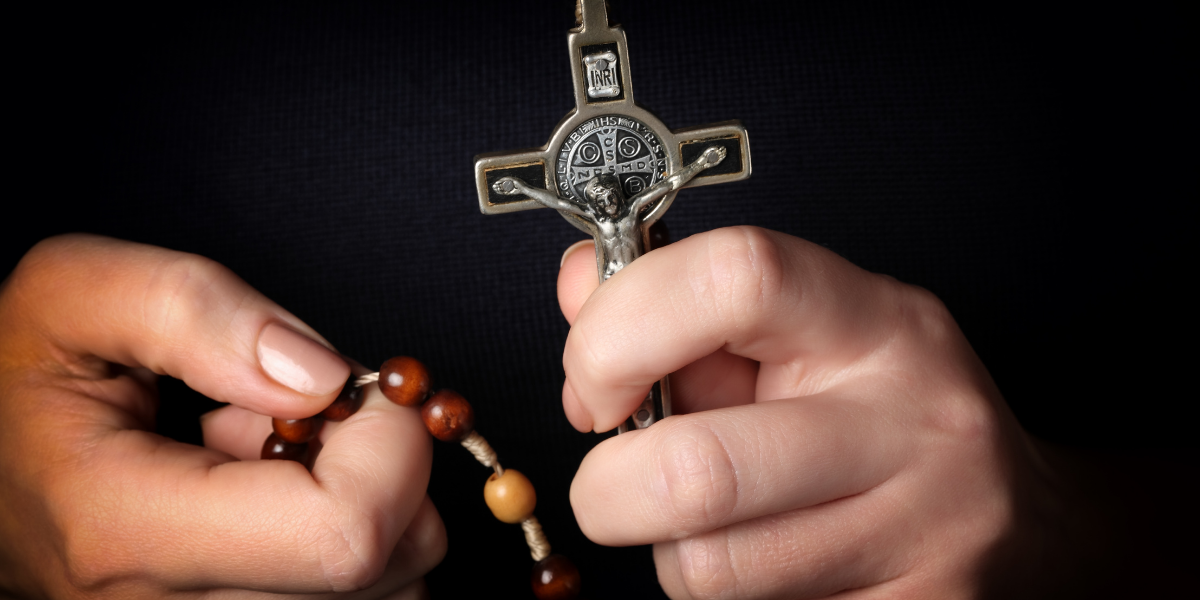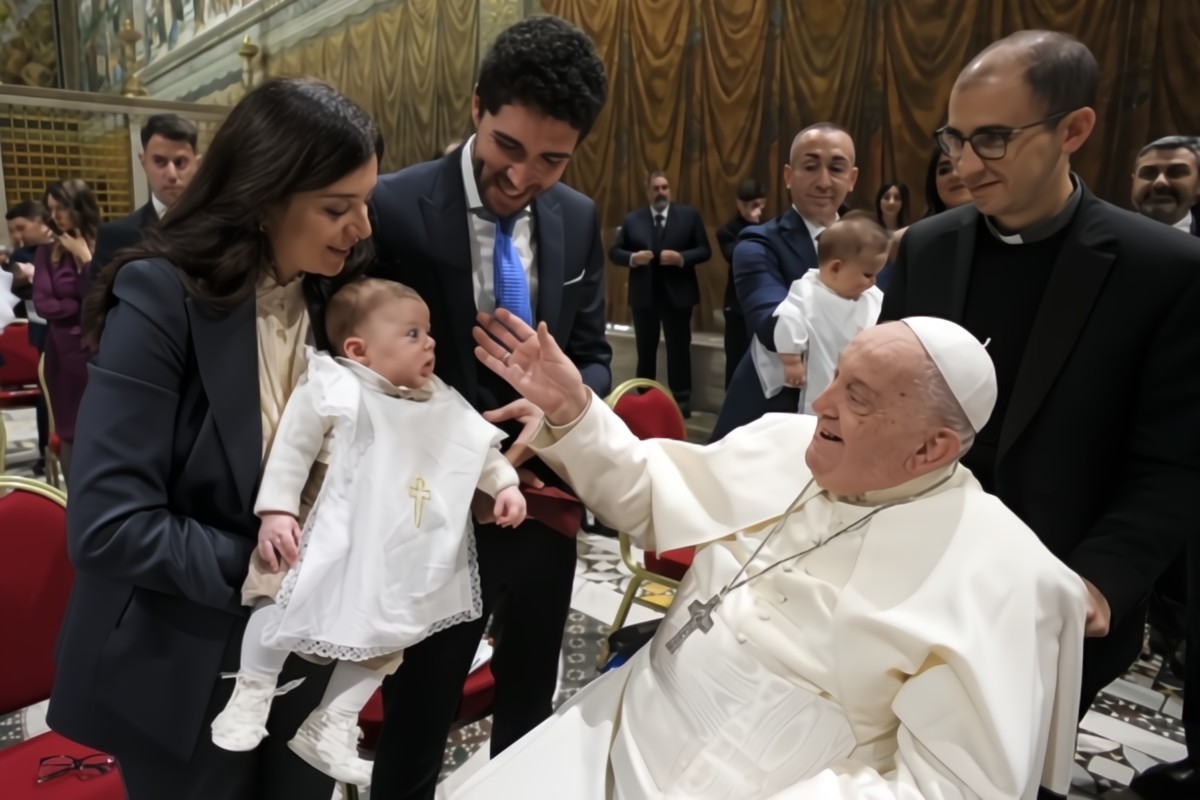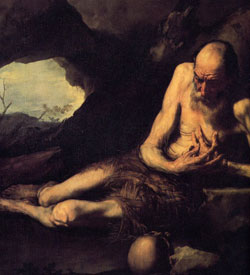We ask you, urgently: don’t scroll past this
Dear readers, Catholic Online was de-platformed by Shopify for our pro-life beliefs. They shut down our Catholic Online, Catholic Online School, Prayer Candles, and Catholic Online Learning Resources—essential faith tools serving over 1.4 million students and millions of families worldwide. Our founders, now in their 70's, just gave their entire life savings to protect this mission. But fewer than 2% of readers donate. If everyone gave just $5, the cost of a coffee, we could rebuild stronger and keep Catholic education free for all. Stand with us in faith. Thank you.Help Now >
Pope and Anglicans: Cardinal John Henry Newman's Role?
FREE Catholic Classes
A number of reporters have suggested that Newman himself could be the patron of new 'Ordinariates'. Is he praying for this historic turn of events?
Highlights
The Cause for the Canonization of John Henry Cardinal Newman (www.newmancause.co.uk/)
10/23/2009 (1 decade ago)
Published in Europe
LONDON (The Cause for the Canonization of John Henry Cardinal Newman) - On October 20, 2009 the Vatican announced the Holy Father's new Apostolic Constitution, which will provide a way for Anglican groups to be admitted to full communion with the Catholic Church. The Apostolic Constitution will allow these communities to retain many of their liturgical and other traditions, whilst accepting fully the teachings of the Popes and the Ecumenical Councils of the Church.
Commentators have linked the announcement to the forthcoming beatification of John Henry Newman, who converted to Catholicism in 1845 after years of reflection on the nature and mission of the Christian Church. A number of reporters have suggested that Newman himself could be the patron of new 'Ordinariates' - the name to be given to these Anglican groups after their reception into the Church.
What would Newman himself think of such a scheme? Newman believed that the Catholic Church was the 'one true fold of the Redeemer', and wrote in the Letter to the Duke of Norfolk in 1875 that: "From the day I became a Catholic to this day, now close upon thirty years, I have never had a moment's misgiving that the communion of Rome is that Church which the Apostles set up at Pentecost."
This defined his view of the Catholic Church's mission, expressed in an earlier letter: "can any one deny that the Roman Church does call on all men to join her ...?" Of course, no one knew better than Newman that each person must follow his or her conscience, and that only if individuals are ready to accept the Catholic religion, after much prayer and reflection, should they do so. As a result, Newman tended to emphasise individual conversions rather than group schemes.
However, this is only part of the picture. Newman had an important correspondence in 1876 with the convert Ambrose Phillipps de Lisle, about a plan for an Anglican 'uniate' Church, similar to the Eastern Rite Churches in communion with Rome. The plan, which had some support from Cardinal Manning, the then Archbishop of Westminster, had been proposed in an anonymous pamphlet called Christianity or Erastianism? It argued that the Anglican Church was at the mercy of the British State, and that the only way to avoid this 'Erastian' Church was to enter into communion with the Holy See.
Newman's initial position was sceptical, for practical reasons. He wrote to de Lisle on 19th January that it was a 'plausible scheme', but that he saw difficulties, for instance in the relations between the ex-Anglican groups and the rest of the English Catholic Church ("it would be very difficult to avoid perpetual collisions between the two bodies ... The Roman priests would be complaining that the rich splendid Anglican Church in their mission was drawing away at least the young generation"). For Newman, it depended on what the plan could hope to achieve - if enough Anglicans would enter the Catholic Church, it would be worth it. But Newman noted that among Anglo-Catholics "I am told few will feel inclined towards it".
But some ten days later Newman wrote again to de Lisle: "Nothing will rejoice me more than to find that the Holy See considers it safe and promising to sanction some such plan as the Pamphlet suggests. I give my best prayers, such as they are, that some means of drawing to us so many good people, who are now shivering at our gates, may be discovered."
In fact, the scheme soon collapsed, with de Lisle writing that "some powerful influence ... has at once intervened". Writing in May, Newman consoled de Lisle with thoughts he had already expressed in his Apologia pro Vita Sua: "It seems to me there must be some divine purpose in it. It often has happened in sacred and in ecclesiastical history, that a thing is in itself good, but the time has not come for it ... And thus I reconcile myself to many, many things, and put them into God's hands. I can quite believe that the conversion of Anglicans may be more thorough and more extended, if it is delayed - and our Lord knows more than we do."
Newman's line, then, was that plans for group reunion should be left to the right time. When would be right? In his 1873 sermon 'The Infidelity of the Future', Newman had noted the positive influence of non-Catholic Christian groups in modern times: "it is obvious that while the various religious bodies and sects which surround us according to God's permission have done untold harm to the cause of Catholic truth in their opposition to us, they have hitherto been of great service to us in shielding and sheltering us from the assaults of those who believed less than themselves or nothing at all".
Yet he had gone on to predict the increasing pressure that secularisation and anti-Christian forces would place on these non-Catholic traditions: "in these years before us it will be much if those outlying bodies are able to defend their own dogmatic professions". Whereas, according to Newman, the Catholic Church would hold fast against such challenges, he predicted that "as time goes on, when there will be a crisis and a turning-point with each of them, then it will be found that, instead of their position being in any sense a defence for us, it will be found in possession of the enemy".
In the challenge provided by secularism, Newman saw a new opportunity. "I rejoice ... [that] as one compensation of the cruel overthrow of faith which we see on all sides of us, that, as the setting of the sun brings out the stars, so great principles are found to shine out, which are hailed by men of various [Christian] religions as their own in common, when infidelity prevails." As he had written in his Idea of a University, "if falsehood assails Truth, Truth can assail falsehood." Newman believed that, under the pressure of an increasingly aggressive secularism, there will be people of all different Christian allegiances and backgrounds who come to recognise the principles that they share and move closer to that closest unity of faith and love which can only exist in communion with the Vicar of Christ.
So, Newman foresaw a point where the weakness of non Catholic Christian traditions, under the assaults of rationalism and unbelief, would signal the moment had arrived for plans to allow bodies of such Christians to enter into communion with the Catholic Church. Newman did not underestimate the possible dangers of this kind of plan. He recognised the great significance of personal conversion, such as his own, and the difficulties there might be in fully integrating the new bodies into the life of the Catholic Church.
But still, according to Newman, when the time came for such initiatives it would be right to hope that they would contribute to sharpening and purifying the Christian conscience in a hostile world, and would bring blessings upon both the Catholic Church and upon those who in this way entered into communion with her.
-----
The official website for the Cause for Cardinal Newman's Canonisation:
http://www.newmancause.co.uk/
---
The Cause for the Canonisation of Cardinal Newman is affiliated to the Oratory, Birmingham which is a registered charity number 239857. � 2009. This article is published with permission.
Join the Movement
When you sign up below, you don't just join an email list - you're joining an entire movement for Free world class Catholic education.

-

-
Mysteries of the Rosary
-
St. Faustina Kowalska
-
Litany of the Blessed Virgin Mary
-
Saint of the Day for Wednesday, Oct 4th, 2023
-
Popular Saints
-
St. Francis of Assisi
-
Bible
-
Female / Women Saints
-
7 Morning Prayers you need to get your day started with God
-
Litany of the Blessed Virgin Mary
Introducing 'Journey with the Messiah' - A Revolutionary Way to Experience the Bible
-

9 Harmful Practices to Avoid When Confronting the Devil
-

Pope Francis Celebrates the Feast of the Baptism of the Lord with Special Emphasis on the Gift of Faith
-
New Respiratory Virus Spreads Across China: Is it a Threat to the Global Community?
-
Resurgent Nuclear Threats and the Call for Peace
Daily Catholic
 Daily Readings for Wednesday, January 15, 2025
Daily Readings for Wednesday, January 15, 2025 St. Paul the Hermit: Saint of the Day for Wednesday, January 15, 2025
St. Paul the Hermit: Saint of the Day for Wednesday, January 15, 2025 Prayer for a Blessing on the New Year: Prayer of the Day for Tuesday, December 31, 2024
Prayer for a Blessing on the New Year: Prayer of the Day for Tuesday, December 31, 2024- Daily Readings for Tuesday, January 14, 2025
- St. Felix of Nola: Saint of the Day for Tuesday, January 14, 2025
- St. Theresa of the Child Jesus: Prayer of the Day for Monday, December 30, 2024
![]()
Copyright 2024 Catholic Online. All materials contained on this site, whether written, audible or visual are the exclusive property of Catholic Online and are protected under U.S. and International copyright laws, © Copyright 2024 Catholic Online. Any unauthorized use, without prior written consent of Catholic Online is strictly forbidden and prohibited.
Catholic Online is a Project of Your Catholic Voice Foundation, a Not-for-Profit Corporation. Your Catholic Voice Foundation has been granted a recognition of tax exemption under Section 501(c)(3) of the Internal Revenue Code. Federal Tax Identification Number: 81-0596847. Your gift is tax-deductible as allowed by law.







 Daily Readings for Wednesday, January 15, 2025
Daily Readings for Wednesday, January 15, 2025 St. Paul the Hermit: Saint of the Day for Wednesday, January 15, 2025
St. Paul the Hermit: Saint of the Day for Wednesday, January 15, 2025 Prayer for a Blessing on the New Year: Prayer of the Day for Tuesday, December 31, 2024
Prayer for a Blessing on the New Year: Prayer of the Day for Tuesday, December 31, 2024


